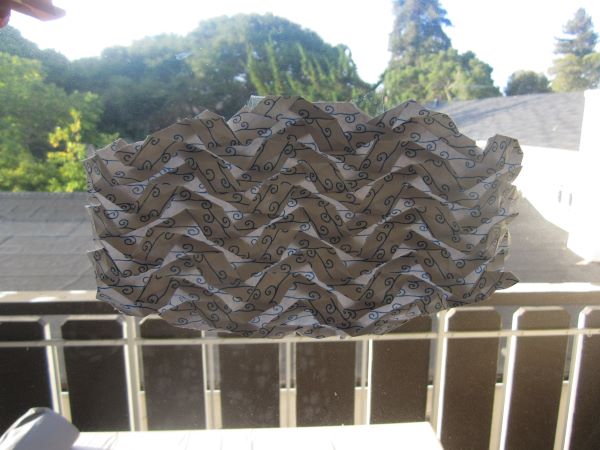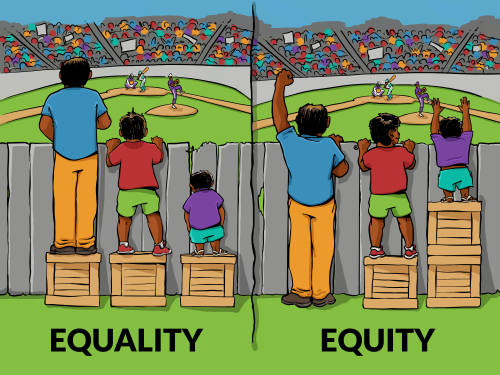CGP Grey was WRONG | CGP Grey (video, 18 min) – An old video, but I really liked this discussion of errors made in the context of content creation. It can be a lot of work to get things right, but then as soon as you hit publish some expert immediately appears to point out the glaring problem. But this dynamic scales weirdly with popularity. When you’re obscure, it hardly matters what you say, and there aren’t always experts around to correct you; but when you’re popular you have to spend a lot of time getting it right the first time.
The Worst Double Standard in Gaming | Graythorn (video, 21 min) – This video points out that MMORPGs and life simulation games are quite similar, but the former tend to have more gamer cred. Graythorn then analyzes the differences in the genres to infer what game elements are associated with greater “legitimacy”.
The Bisexual Gimmick | A Deep Dive into Bisexual Reality Television | verilybitchie (video, 1:30 hours) – Verity Ritchie goes through a list of reality television shows that have used bisexuality as a gimmick, from the conscientious to the sensational. Guess which shows were most popular. A fascinating study of the many issues in bisexual media representation. I particularly liked the discussion of monogamy as it’s understood in reality television. Like, they’re clearly not monogamous, but they have this fiction that it’s all monogamous because monogamy is the end goal.


